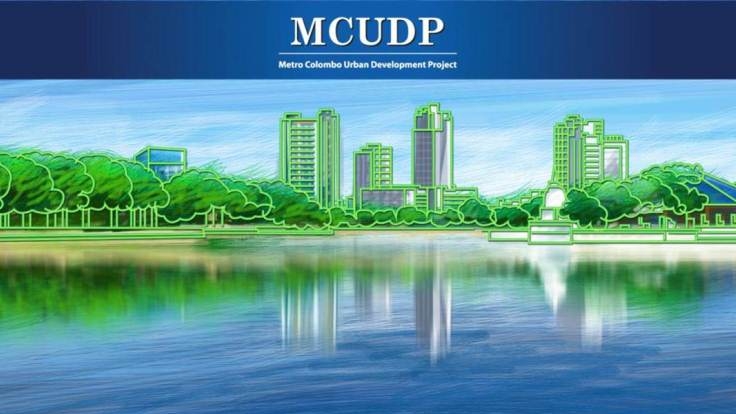The 2010 floods that saw the inundation of Colombo’s commercial and administrative hub resulted in high economic losses and demonstrated the need to improve the city’s ability to cope with natural disasters. The poor design and maintenance of drainage systems, illegal encroachments on flood retention areas, and industrial pollution, combined with rapidly changing climate patterns resulting in frequent and more intense thunderstorms, are all factors that contribute to increase the risk of flooding in the city. Colombo cannot transform into a vital and successful metropolitan region if these problems are not tackled.
Unequal and inadequate distribution of services and infrastructure among local authorities within the Colombo metropolitan region, coupled with key bottlenecks in drainage, sewerage, solid waste, and urban transport infrastructure, limited financial and human resources of local authorities, and lack of coordination, have been obstacles to effective service delivery and operation and maintenance of local infrastructure services. These challenges are preventing the region from realizing its full economic potential.
The World Bank provided a loan of $213 million to Sri Lanka in the form of the Metro Colombo Urban Development Project to support the government’s long-term urban development program. The government aims to transform Colombo into a modern, world-class capital by reducing the physical and socioeconomic impacts of flooding, and improving overall capacity for operating and maintaining metropolitan and local infrastructure.
The project seeks to reduce flooding in the catchment of the Colombo Water Basin and strengthen the capacity of the four local authorities of Colombo, Dehiwela-Mt. Lavinia, Sri Jayawaradenapura-Kotte, and Kollonnawa, to rehabilitate, improve and maintain priority local infrastructure and services through selected key demonstration projects. The project is centrally managed by the Project Management Unit of the Ministry of Defense and Urban Development.

